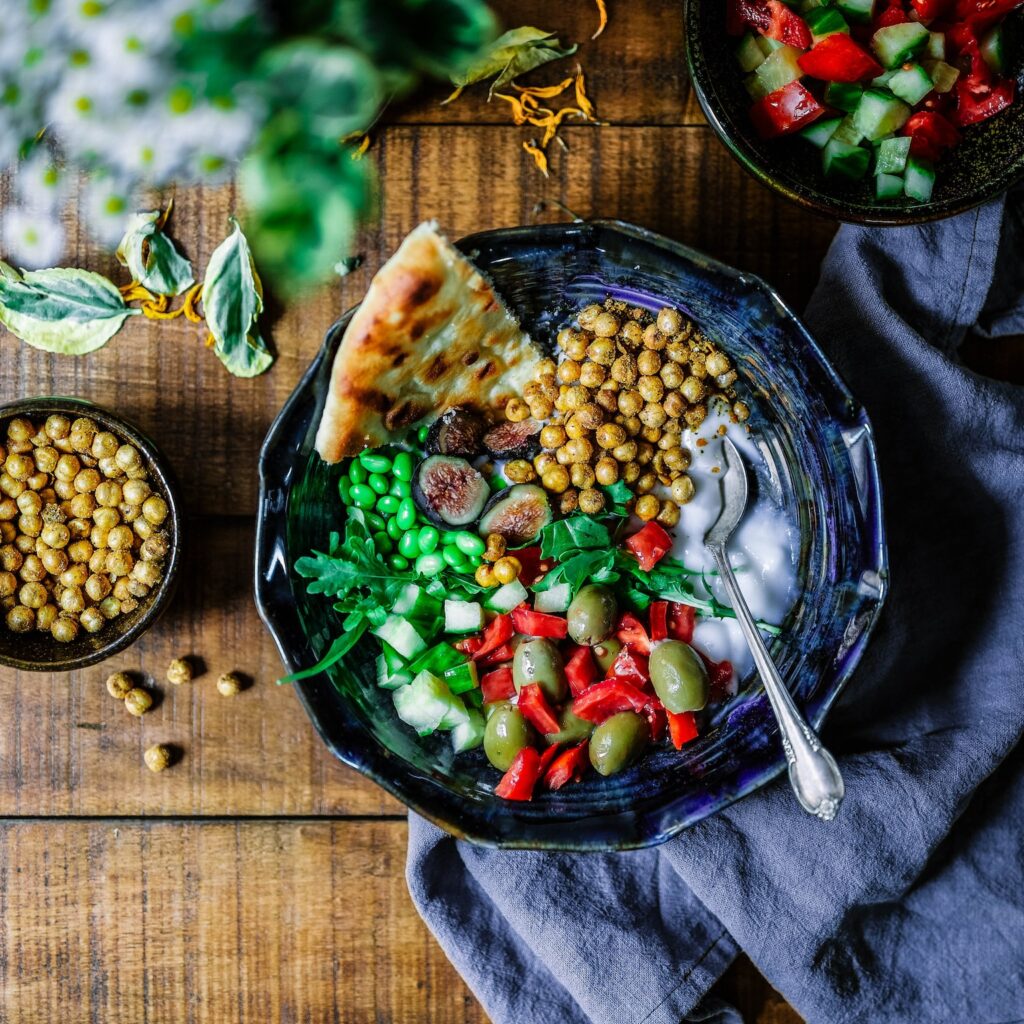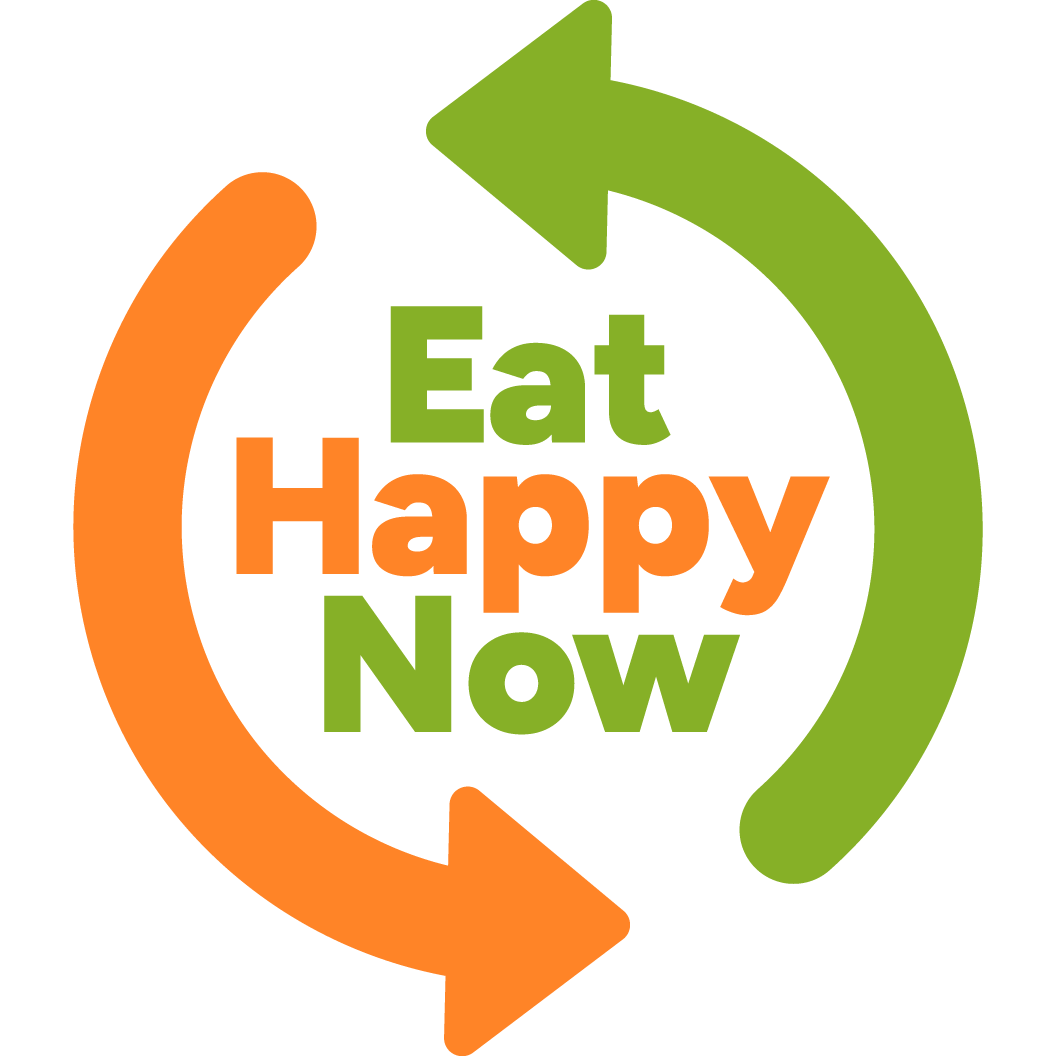Food Delivery
We recover and redistribute perfectly healthy food, preventing it from going to landfill and redirecting it to those who need it, using technology. Our aim is to fix the disconnect between food waste, sustaining the environment and feeding hunger.
How do we do it?
We partner with various big and small food donors, nonprofit organizations and volunteer drivers to recover surplus food and connect them to various sections of the community experiencing shortage of food. We do this by using an App which notifies drivers of the surplus food available and where it needs to go.
Our food donors include small and big grocery stores, local restaurants and mom and pop shops. Our Nonprofit partners currently are homeless shelters, small food banks and community centers.
Our model of food rescue and distribution not only enables access to healthy food but gets food to where people already are – overcoming barriers like transportation and time.

Bill Emerson Good Samaritan Act
Did you know food donations are protected by the Bill Emerson Good Samaritan Act?
This is furthermore protected by the Food Donation Act Passed by Congress in Jan 2023 as below.
|
Federal Liability Protection For Donors LEGAL FACT SHEET Businesses and nonprofits that donate or distribute donated food or grocery products June 2023 |
|
The Emerson Act provides civil and criminal liability protection for liability that might arise due to harm from donated food or grocery products. The Emerson Act covers both donors and intermediaries that distribute food, including:3 • All individuals and wholesalers) organizations donated agricultural crops for a nonprofit organization that distributes the food to 5 individuals ) • Farmers, as well as home and community gardners. |
|
Conditions Required to Receive Liability Protections Under the Emerson Act |
|
1. Qualifying foods and grocery products: The donor must donate “apparently wholesome food” or an “apparently fit grocery product” that meets food safety standards imposed by Federal, State, and local laws and regulations, even if they contain flaws that makes them unmarketable (for example, food products that contain aesthetic flaws or are the wrong size or grade) Exception for Reconditioned Items: Even if a food or grocery product does not meet all applicable standards, donors can still be protected by the Emerson Act if the donor follows all the Act’s reconditioning procedures, which include:7
2. Direct Donations or Donations Through Non-Profits Unless the donor is a “qualified direct donor,” protected donations must be made through a nonprofit organization, such as a food bank or food recovery organization,8 to needy individuals. A “qualified direct donor” may receive protection if they donate through a nonprofit organization or directly to needy individuals. Organizations that can be qualified direct donors are retail grocers; wholesalers; agricultural producers, processors, and distributors; restaurants, caterers, school food authorities, and higher educational institutions. |
|
3. Food Offered for Free or at a Good Samaritan Reduced Price When donors donate food or grocery products to nonprofit organizations, such as food banks and other food recovery organizations, liability protections will apply where the nonprofit offers the food to end recipients for free or at a “Good Samaritan Reduced Price,”10 which is a price not greater than the cost of handling and distributing the food.11 When a “qualified direct donor” donates directly to individuals, liability protections will apply only if donations are made free of charge.12 4. Good Faith Donations must be made and distributed in “good faith.”13 While “good faith” is not explicitly defined in the Act, it will likely be satisfied provided Further, protection is not available for donations made or distributed with “gross negligence” or “intentional misconduct.”14
|
|
So long as these conditions are met, the Emerson Act is quite protective of donors and nonprofit organizations. |
Preemption
The Emerson Act protects against both federal and state law claims. The Act partially preempts state liability laws by creating a floor for liability protection for food donation. States cannot provide less liability protection than the Emerson Act, but remain free to enact state level liability protections that are more protective of food donors or that expand the covered activities and personnel beyond the Emerson Act’s protections. For example, New Jersey provides additional liability protection against state law claims by explicitly protecting food donated past a quality- based label date and regardless of compliance with regulations on the quality or labeling of food that are not required for safety.
FOOD SAFETY AND QUALITY
- Food donations are protected by federal law under the Bill Emerson Good Samaritan Act First passed in 1996, and further by the Food Donation Act Passed in Jan 2023 . This law protects everyone in the food donation cycle, except in cases of gross negligence.
- We work with our food donors, volunteers, and nonprofit partners to ensure that all donated food is ready to eat, maintaining the dignity of each donation and delivering food with respect to all who may benefit from it.
- We ensure the highest possible standards of food safety by the following:
- All of our operations staff are ServSafe certified.
- Our donors are all food retailers that observe the highest levels of food safety practices in their establishments.
